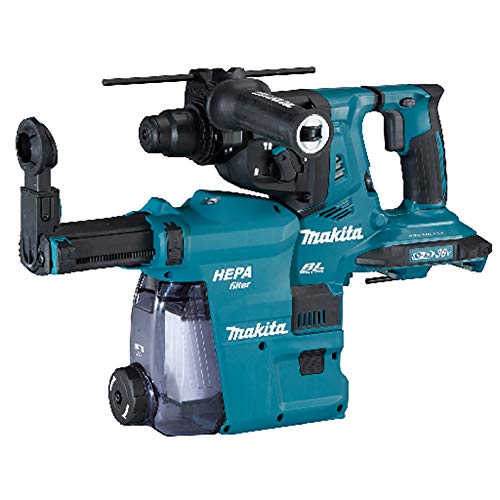Putting in my penny’s worth.
Given that when using a gym you are working the body, breathing deep, opening the pores on the skin you can add more to this as I don’t do gym
But from my own experience of fine dust I can see you forever cleaning the gym equipment
I would not mix the two. Have a workshop or a gym
Sorry to pop your dream of combo gym workshop
Given that when using a gym you are working the body, breathing deep, opening the pores on the skin you can add more to this as I don’t do gym
But from my own experience of fine dust I can see you forever cleaning the gym equipment
I would not mix the two. Have a workshop or a gym
Sorry to pop your dream of combo gym workshop


















